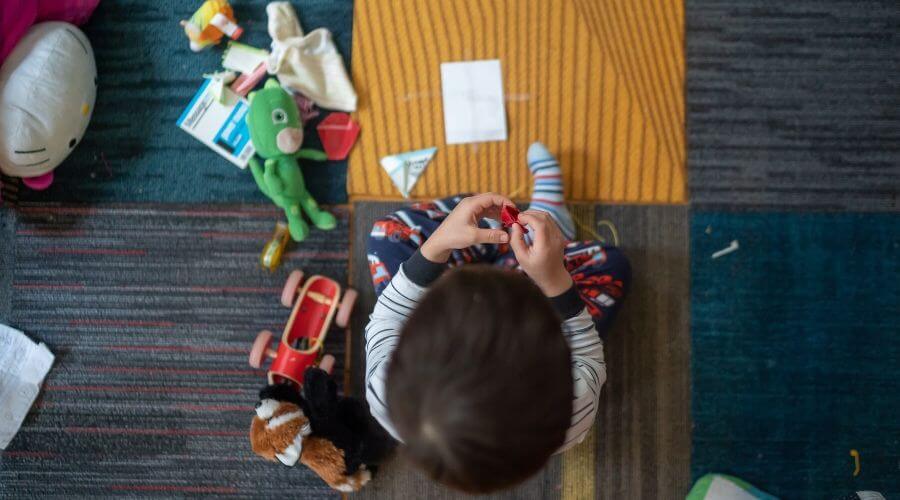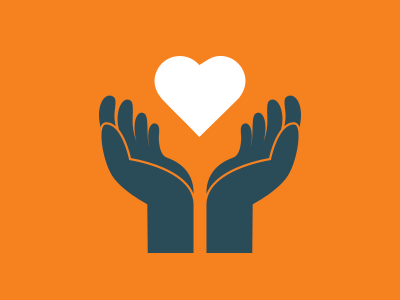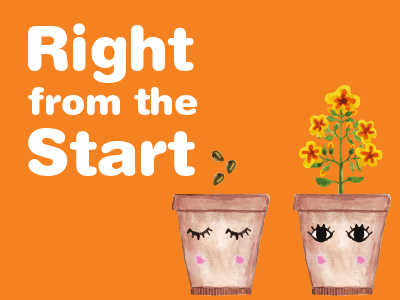What is autism?

Autism affects the way a person communicates and how they experience the world around them. It is considered a spectrum condition. While autistic people share some similar characteristics, they are also all different from each other. The autism spectrum isn't linear from high to low but varies, just as one person might vary from another.
Some autistic people are able to live relatively independent lives but others may face additional challenges. Some autistic people have learning disabilities, which means their support needs are different.
Watch young people explain what it's really like being autistic and how you can support autistic people.
How does autism affect people?
Autism is a hidden or invisible disability. You can’t see if someone is autistic just by looking at them and some people might not have been diagnosed when you meet them. There are some behaviours and ways of communication that an autistic person may use but these aren't universal as every autistic person is different.
The characteristics of autism vary from one person to another, but there are four main areas of difference.
Social interaction
Autistic people may find socialising and social interactions difficult. There are lots of unwritten rules that we use when talking to someone else, and these rules aren’t always the same. Autistic people can find these rules difficult to remember or confusing because they aren't always applied in the same way. This means autistic people often find it difficult to understand other people’s intentions and express their own feelings.
Social interactions can often be tiring for autistic people and difficulties ‘reading’ other people can lead to loneliness and isolation. Autistic people don’t lack the skills to interact with other people, they simply need more information and support to socialise with others.
Social imagination
Autistic people can find it harder to understand abstract concepts. For example, they can struggle to understand another person’s point of view – or if they know it in theory, they may still struggle to imagine what it might be.
Differences in social imagination can make it harder for autistic people to cope with new, unfamiliar or unexpected situations. As a result many autistic people like to know what is going to happen in advance and have set routines for the activities they do. They can also have routines and repetition around things they like such as clothes, food, hobbies and conversations.
Many autistic people also have intense and highly focused interests from an early age. These interests and hobbies often provide them with lots of enjoyment and can be a huge source of joy.
Social communication
When you talk to another person, you listen to what they are saying, look at the actions they make with their face and body and think of what to say in response. Autistic people find it a lot harder to interpret both spoken language and body language, which can make communication more difficult. There are so many aspects of communication to take in at once, it can sometimes be too much for an autistic person to process all of this information and also respond.
Some autistic people have little or no speech or delayed language development – or they communicate in a different way - using pictures, sounds or gestures for example. This doesn't mean that they don't understand what is being said, often an autistic person can take in more information than they give out, this creates a disparity in what someone understands and what they communicate.
Autistic people can take instructions very literally and struggle to understand things like sarcasm or irony.
Sensory differences
Autistic people process sensory information differently and this can impact how they interact with the environment and their ability to interact with other people.
An autistic person can be ‘under’ or ‘over’ sensitive in any of the senses – including sight, hearing and balance. This means sounds, lights, touch and smells can be painful or very uncomfortable.
To reduce discomfort, some autistic people may wear sunglasses indoors or wear ear defenders – or prefer not to be touched or only eat specific foods.
Further information and support
The Ambitious about Autism Youth Council Members describe what it’s like to be autistic in their own words.
Read our top tips for communicating effectively with autistic people.
Related information
Discover more information related to this topic area.






